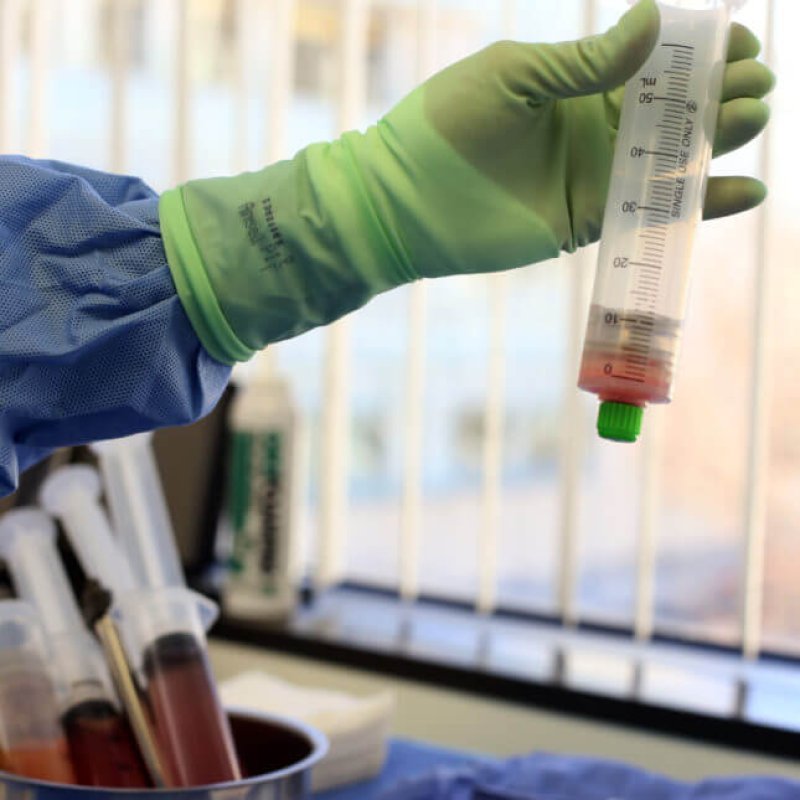Scientists are experimenting with ways to selectively target the body’s blood-making cells for destruction. Early studies in animals and people suggest that the approach could make blood stem-cell transplants — powerful but dangerous procedures that are used mainly to treat blood cancers — safer, and thereby broaden their use. The studies come as evidence piles up that such transplants can also treat some autoimmune disorders and genetic diseases.
…
Blood stem-cell transplants work by replacing defective blood-making cells — which can give rise to blood cancer as well as genetic and autoimmune diseases — with healthy ones taken either from a donor or from the patient themselves.
…
One way to think about stem-cell transplants is to imagine the bone marrow as a hotel whose owner wants to evict some guests, says Jens-Peter Volkmer, vice-president of research at Forty Seven, a biotechnology company in Menlo Park, California. Current treatments blow up the whole hotel, he says: “Then everybody’s dead, including all of these critical components that you need to protect the patient from infection.”
The latest approaches allow the owner to tell specific guests to leave — by targeting sets of cells in the bone marrow, rather than killing them all, Volkmer says.
Read full, original post: Targeted stem-cell attack could make transplants safer































